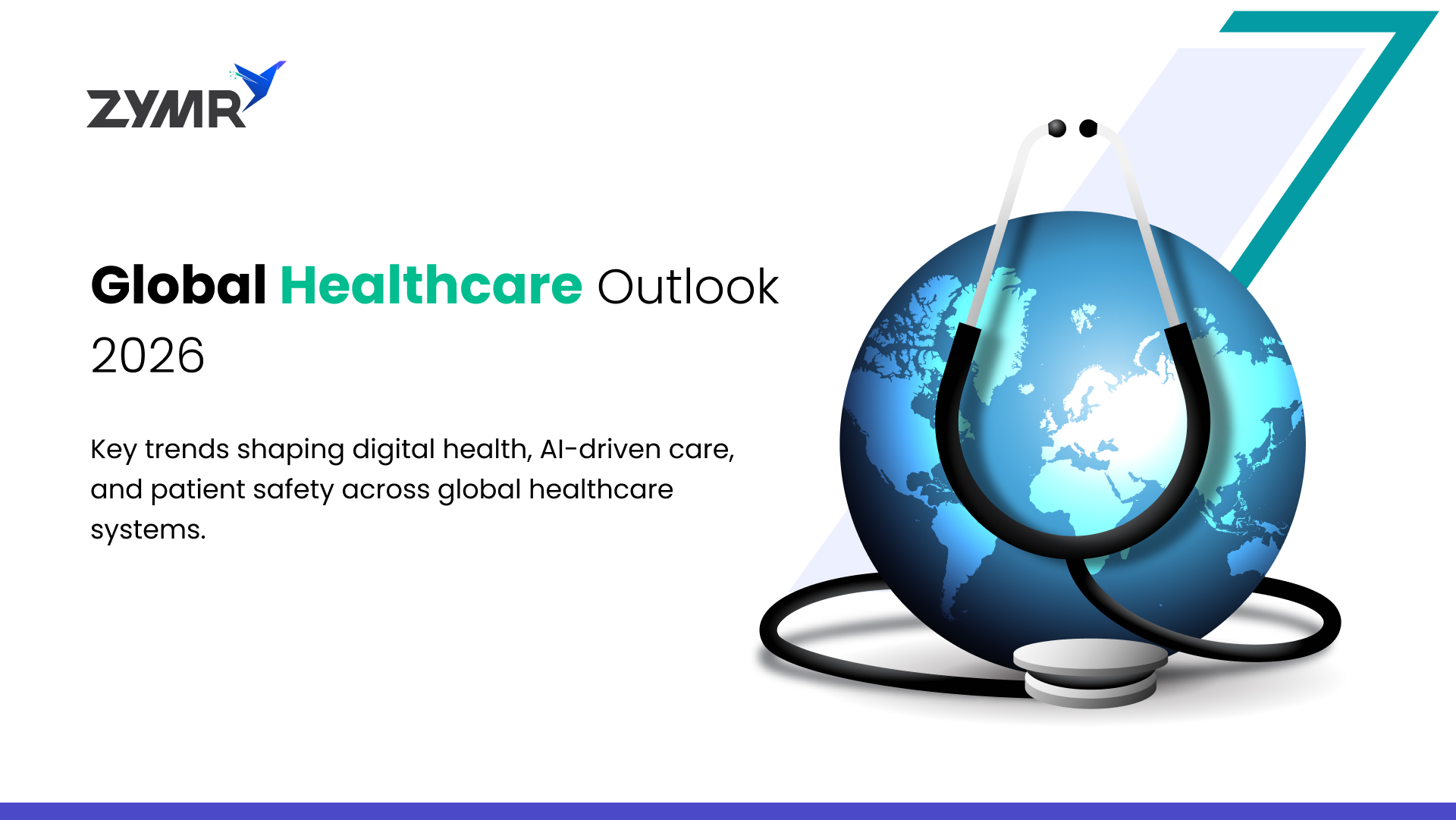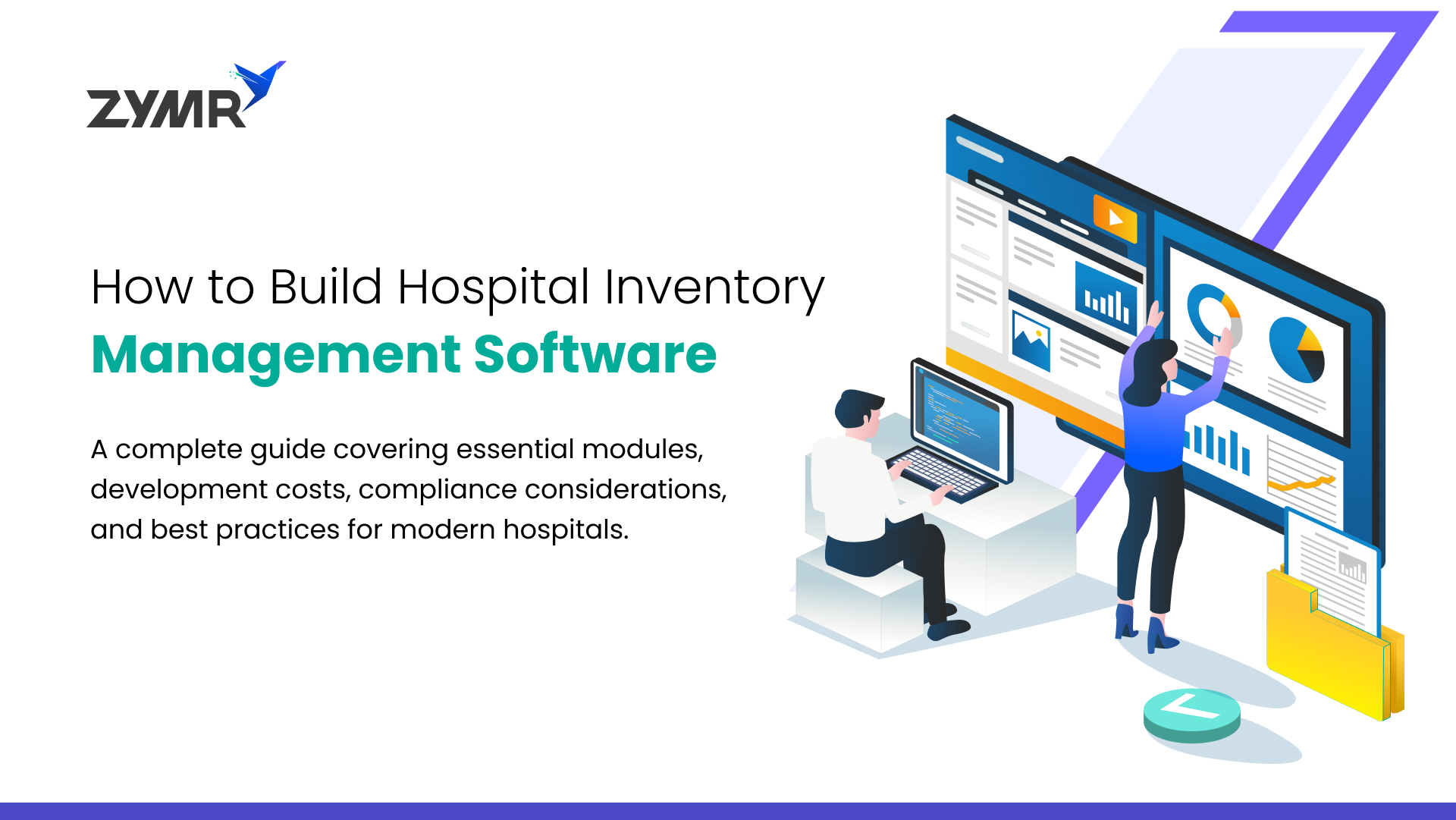HIPAA Compliance Testing: The Crucial Role of QA Automation in Healthcare IT Services

July 23, 2024
Like any other industry in our times, Healthcare and lifesciences domain experts have been empowering their customers to have more control on the money, time, and data they are investing. The remarkable rules by HHS are a reiteration of this commitment where patients are better assured of the security and access of their data. A definite essentiality in this context is the Health Insurance Portability and Accountability Act of 1996 (HIPAA) that makes it imperative to establish reliable, secure, and efficient healthcare systems that safeguard patient data. Therefore, HIPAA compliance becomes an unavoidable marker of quality even when it comes to healthcare IT services. With QA automation services market coming up with fresher, more effective technologies, it would be interesting to see how HIPPA compliance testing is taken care of in modern healthcare technologies.
This blog explores the vital importance of modern QA automation services innovations for HIPAA compliance. We will delve into how healthcare app testing can effectively assist digital quality solutions for healthcare in meeting HIPAA standards and reach out for valuable insights related to some on-ground healthcare use cases. But first, let us zoom in into HIPAA compliance and what do QA teams need to look for here.
A crucial federal law, HIPPA sets standards for safeguarding sensitive patient health information and prevents unauthorized disclosure of patient data without consent. HIPAA compliance is of utmost importance for entities involved in handling patient data, known as covered entities. This includes healthcare providers, insurance or healthcare plan providers, healthcare
To achieve HIPAA compliance, organizations must implement comprehensive test automation services strategies that will tick all the boxes in the required checklist and then check it twice. Here are some important points in that checklist for HIPAA compliance:
- Data Security: Continuous testing strategies can help consistently identify and address vulnerabilities in software systems to ensure secure storage, transmission, and access of patient data.
- User Authentication: Quality assurance experts will also test the effectiveness of user authentication mechanisms to prevent unauthorized access to patient information.
- Information Disclosure: Healthcare app testing teams will plan verifications for patient data protection and confidentiality.
- Audit Trail: It is essential that healthcare IT services are validated for accuracy and completeness in terms of HIPAA standards. This will also enable effective tracking and monitoring of data access and modifications.
- Data Transfers: Healthcare security testing for data transfers between entities is also something healthcare testing experts should take on priority when it comes to HIPAA.
- Compliance Assessments: Shift-left tests will also facilitate early assessments to evaluate an organization's level of HIPAA compliance, identifying gaps and guiding remedial actions.
Check out how Zymr can help you incorporate Generative AI to customize the shopping experience for your customers. E-Commerce Personalization With Generative AI
Implementing Healthcare QA Services for HIPAA Compliance
By implementing robust QA processes for healthcare IT services, organizations can mitigate the risks of data breaches, penalties, and reputational damage associated with non-compliance. Innovation plays a crucial role in helping organizations maintain the integrity, confidentiality, and availability of patient data, fostering trust, and ensuring compliance with HIPAA regulations.
- Access Control: Implementing unique user identification and tracking systems can effectively restrict user access to specific applications, modules, and areas within the software. The healthcare software QA strategy should cover the authentication processes and ensure role-based access ensuring that users only have access to the information necessary for their responsibilities.
- Encrypted Data Transfers: For quality data security measures, the crucial point of scrutiny has to be the data encryption used by authorized individuals. Automated tests for risk analysis are also essential to identify potential vulnerabilities and prevent unauthorized parties from accessing system data. By staying proactive in evaluating encryption algorithms, organizations can ensure that their data remains secure and protected against evolving threats.
- Data Sanitization: Comprehensive testing requires mimicking real data behavior and automated test data generation tools can help with this. These tools allow for more realistic testing scenarios that help prevent any accidental exposure of confidential or personally identifiable information of the patients.
- Test Data Structuring: It is important to standardize the test data to ensure consistency and allow for efficient comparison and analysis of results. By establishing standardized test data, the testing process becomes more reliable and reproducible, enabling better identification of issues and accurate assessment of module performance.
- Audit Trail: To maintain accountability and monitor all actions involving patient data, it is also crucial to implement an audit trail system. The audit trail serves as a record of activities performed on patient data, including modifications, deletions, additions, and other relevant actions. Each entry in the audit trail should include timestamps and user identification to provide a comprehensive overview of who performed the action and when it occurred.
- Failover/Load Balancing: Finally, when it comes to technology, healthcare or no healthcare, downtimes are always a possibility. Failover plans enable the system to automatically switch to backup resources or alternative systems in the event of a failure, ensuring the continuous availability of healthcare IT services. Load balancing strategies distribute incoming workloads across multiple servers or resources to optimize performance and prevent overload.
Conclusion
Adhering to HIPAA requirements mandates for robust healthcare QA services. Healthcare organizations can avoid penalties and maintain audit readiness by implementing latest test automation services tools for their healthcare IT services. With HIPAA-compliant healthcare quality assurance in place, healthcare organizations can navigate the complexities of patient data protection, advance healthcare technology, and prioritize patient well-being.
To know more about QA in healthcare and compliance, contact Zymr’s experts today.
FAQs
>
>
>
>
>
Have a specific concern bothering you?
Try our complimentary 2-week POV engagement
Our Latest Blogs

January 15, 2026
Global Healthcare Outlook 2026: Key Trends in Digital Health, AI, and Patient Safety

January 15, 2026
Top 10 Healthcare IT Services Companies Transforming Healthcare Delivery(2026)

January 15, 2026





.svg)
.svg)
.svg)
.svg)
.svg)
.svg)
